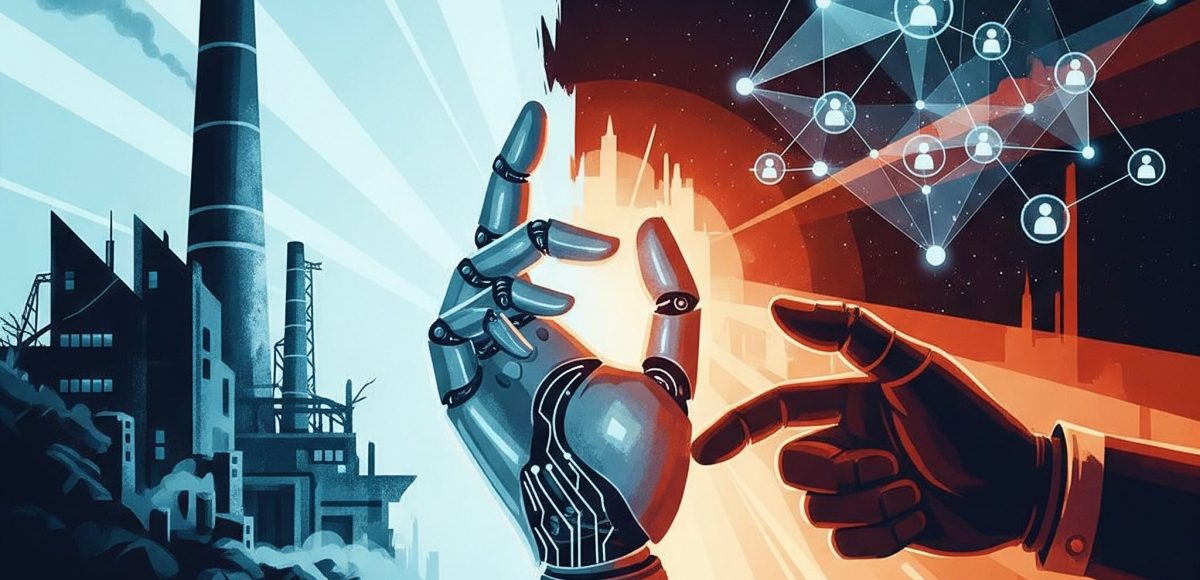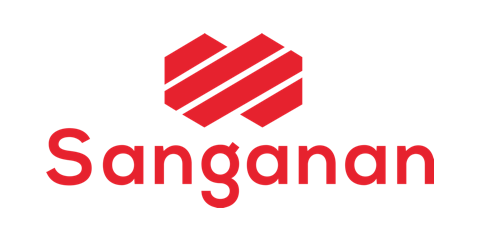
AI making traditional jobs obsolete, Universal Basic Income (UBI) May Become a Necessity
Elon Musk’s warning about AI making traditional jobs obsolete is not just a speculative thought—it is a profound challenge to the foundations of modern society. As AI rapidly advances, it raises pressing questions about the future of work, income, and the meaning of life itself.
1. AI Will Inevitably Replace Many Traditional Jobs
With the speed at which AI is progressing—particularly generative AI, robotics, and automation—many roles in logistics, customer support, data entry, transportation, healthcare diagnostics, and even software development could be handled more efficiently by machines. This isn’t a distant possibility; it’s already happening. This could result in widespread unemployment unless society proactively adapts.
2. Universal Basic Income (UBI) May Become a Necessity
As Musk suggests, UBI might become the only feasible economic model to maintain social stability. If machines produce most goods and services and humans are not needed for productivity, then a fair distribution of AI-generated wealth becomes essential. UBI would ensure a basic standard of living for everyone, regardless of employment status.
3. Purpose and Fulfillment Will Be Redefined
Even if UBI addresses financial needs, the deeper concern Musk raises—finding purpose—remains. For many, work provides identity, community, and meaning. Without traditional jobs, society must explore new forms of fulfillment—whether through creativity, learning, volunteering, or exploration. Education and mental health frameworks will need to evolve to help people navigate this transition.
4. New Economic Models Will Be Needed
Beyond UBI, the AI-dominated future might demand hybrid systems like “data dividends” (citizens earning from the use of their personal data), decentralized autonomous organizations (DAOs), or work in the AI economy (e.g., training, supervising, or aligning AI systems). New policy frameworks will need to be created that ensure fairness and prevent wealth concentration among AI-owning elites.
5. Ethical and Social Considerations Must Guide AI Development
Governments and tech companies must work collaboratively to ensure that AI serves humanity, not just corporate profits. Regulation, transparency, and ethical design will be critical in shaping a future where AI enhances rather than undermines human life.
Conclusion
Elon Musk’s concerns force us to confront an uncomfortable but necessary truth: we are on the brink of a paradigm shift. AI could usher in an age of abundance, but only if we redesign our economic systems and redefine the role of human beings in this new reality. If we get it right, it could lead to a more equitable and meaningful existence. If we ignore it, we risk deep social unrest and existential dissatisfaction. The time to act—and think—is now.

Leave a Comment